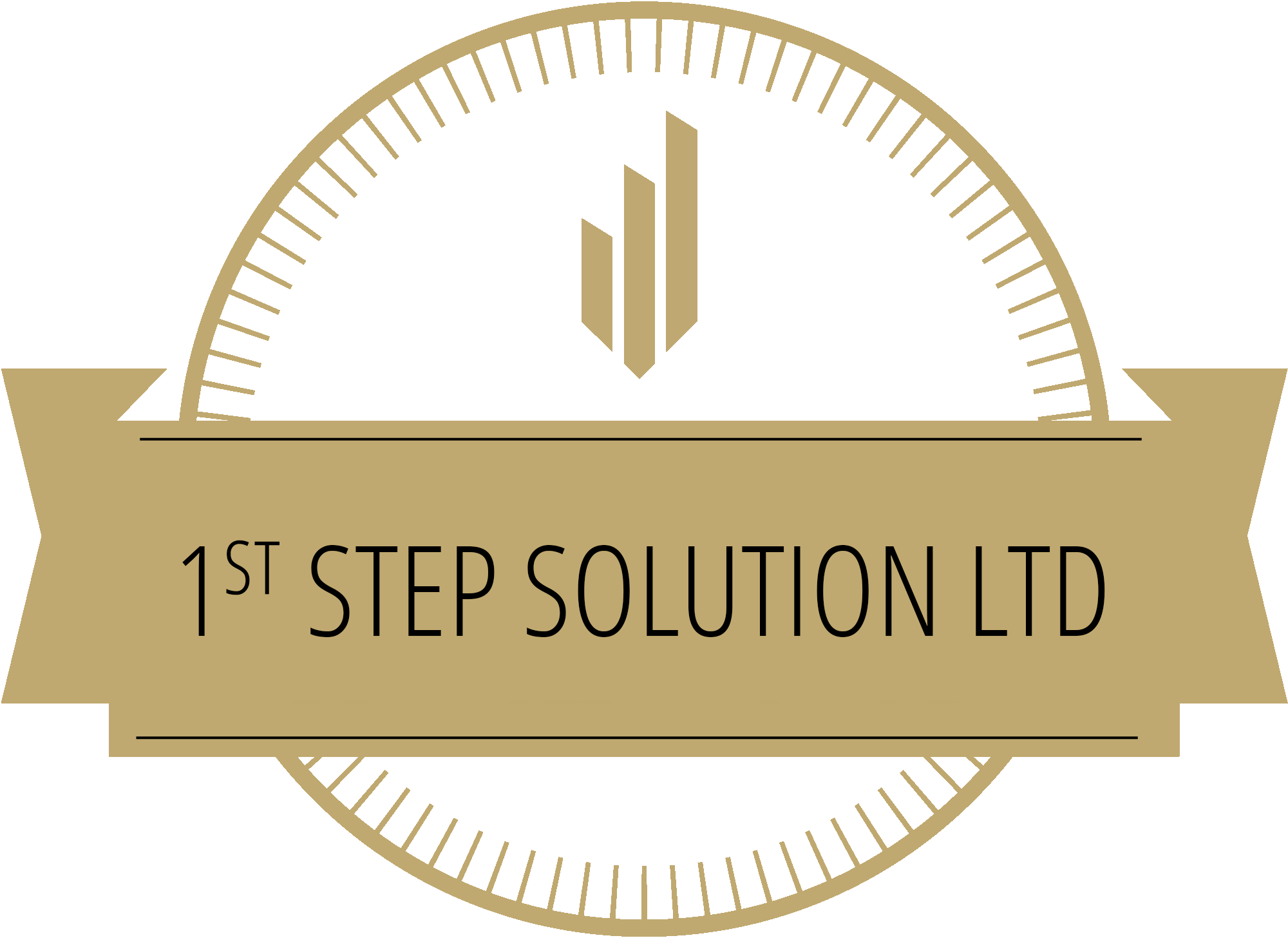Click here to view the May newsletter
On April 7, 2025, Malta’s Tax and Customs Authority rolled out fresh guidance on how small businesses can register for VAT under Article 11 of the VAT Act. These updated Guidelines reflect the recent changes that came into effect on January 1, 2025, and are especially relevant for smaller enterprises operating locally or across EU borders.
What’s Article 11 All About?
Article 11 sets out a simplified VAT registration process for small businesses operating in Malta. If your company stays below a certain turnover threshold, you may qualify for a VAT exemption – meaning you don’t charge VAT on your sales and benefit from less administrative work.
To be eligible, your domestic turnover (i.e., revenue from goods and services within Malta) must remain under €35,000. This cap applies both to:
- Your revenue during the previous calendar year (if any), and
- The projected turnover for the year in which you apply.
Effective Date of Registration
The Guidelines clearly state that backdating your registration under Article 11 is not allowed. Your VAT exemption status will start either:
- On the first day of the month in which the tax authorities receive your application, or
- On the start date of your economic activity – whichever comes later.
So, timing your application correctly is key.
Clarifying Turnover, Related Parties, and Ancillary Income
The new guidance also breaks down some important definitions for calculating your eligibility:
- Domestic Turnover: This is your total revenue (excluding VAT) from sales made within Malta over a calendar year.
- Threshold: To register under Article 11, your Malta turnover must not exceed €35,000.
- Related Entities: If your business is part of a group, your turnover calculation must include a proportional share of any related company’s revenue – even if they’re not directly part of your business. A related entity is generally defined as one that owns or controls at least 10% of your company.
There’s also clarity on ancillary transactions. Certain types of financial, insurance, or property-related income must be counted toward your turnover – unless they’re deemed “ancillary.” According to the Guidelines, an ancillary transaction is one that’s not a core, ongoing part of your business operations – in other words, something outside your regular activity.
When You Need to Register Under Article 12 Instead
Even if you qualify under Article 11, you may still be required to register under Article 12 in certain cases, such as:
- Buying goods from other EU countries for business use in Malta
- Receiving services from abroad where reverse charge VAT applies
- Supplying services to clients in other EU Member States, where VAT is accounted for by the buyer
These situations trigger additional VAT obligations, and businesses must stay alert to avoid non-compliance.
If you’re a small business owner in Malta or a UK company with local operations, these updated Guidelines are worth reviewing. They not only define who qualifies for VAT exemptions under Article 11, but also help you understand when and how to register, and what additional obligations might apply under Article 12.
For anyone navigating VAT in Malta post-Brexit – especially SMEs and cross-border service providers – these updates offer welcome clarity.
Need help understanding how these changes affect your business or structure? Feel free to reach out – getting your VAT status right from the start can save time, money, and headaches down the line.
Click here to view the May newsletter


